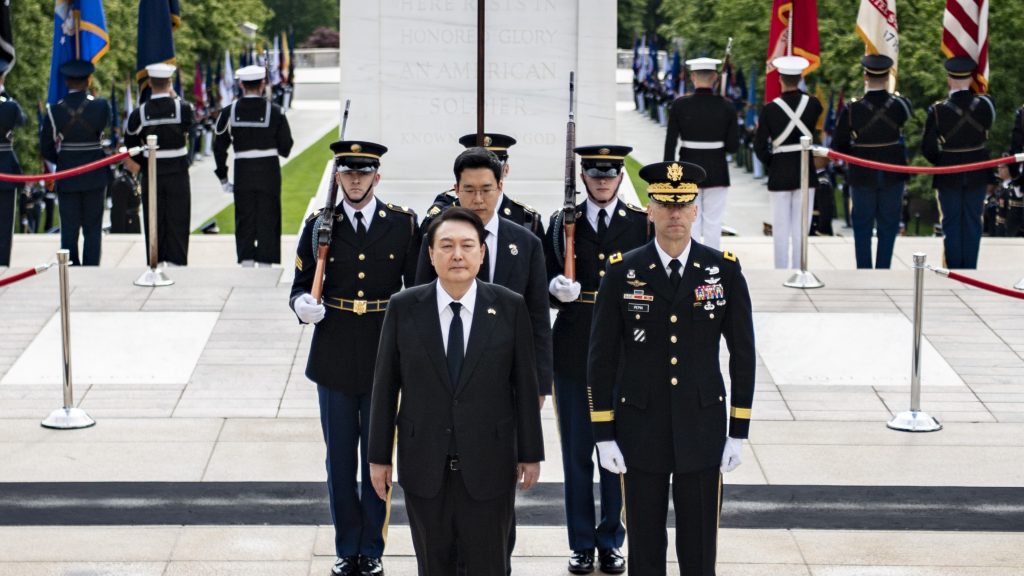Investigators have detained South Korean President Yun Seok-yul on charges of sedition.
Others are reading now
For the first time in South Korea’s history, a sitting president has been detained. President Yun Seok-yul was arrested on charges of sedition, according to Yonhap News.
The arrest warrant was executed at 10:33 a.m. local time on January 14, after weeks of political turmoil and legal proceedings.
The Arrest
Law enforcement officials arrived at Yun’s residence prepared for potential resistance from his supporters and security personnel. But no interference occurred.
The president voluntarily surrendered, stating he wanted to “avoid bloodshed” between his security team and the police. Despite his cooperation, Yun called the charges against him “illegal.”
Also read
The president will now face 48 hours of questioning regarding the martial law case of December 3, after which investigators may request a formal arrest warrant.
The Martial Law Controversy
On December 3, Yun declared martial law, claiming it was necessary to “root out pro-North Korean forces and protect the constitutional order.”
But the move was met with swift opposition.
The country’s parliament voted the same day to lift martial law, a decision Yun was constitutionally obligated to honor, which he did early the following morning.
The declaration of martial law triggered an impeachment process led by opposition parties. On December 14, Yun was officially removed from office after the second attempt at impeachment succeeded.
Yun became a suspect in a treason investigation after declaring martial law. On December 31, his residence was searched, and a court issued an arrest warrant. In the meantime, the Justice Ministry barred him from leaving the country.
Initially, an attempt to arrest Yun on January 3 failed due to resistance from his Presidential Security Service. However, investigators reissued the warrant and negotiated with Yun’s security detail, ultimately leading to his surrender.


